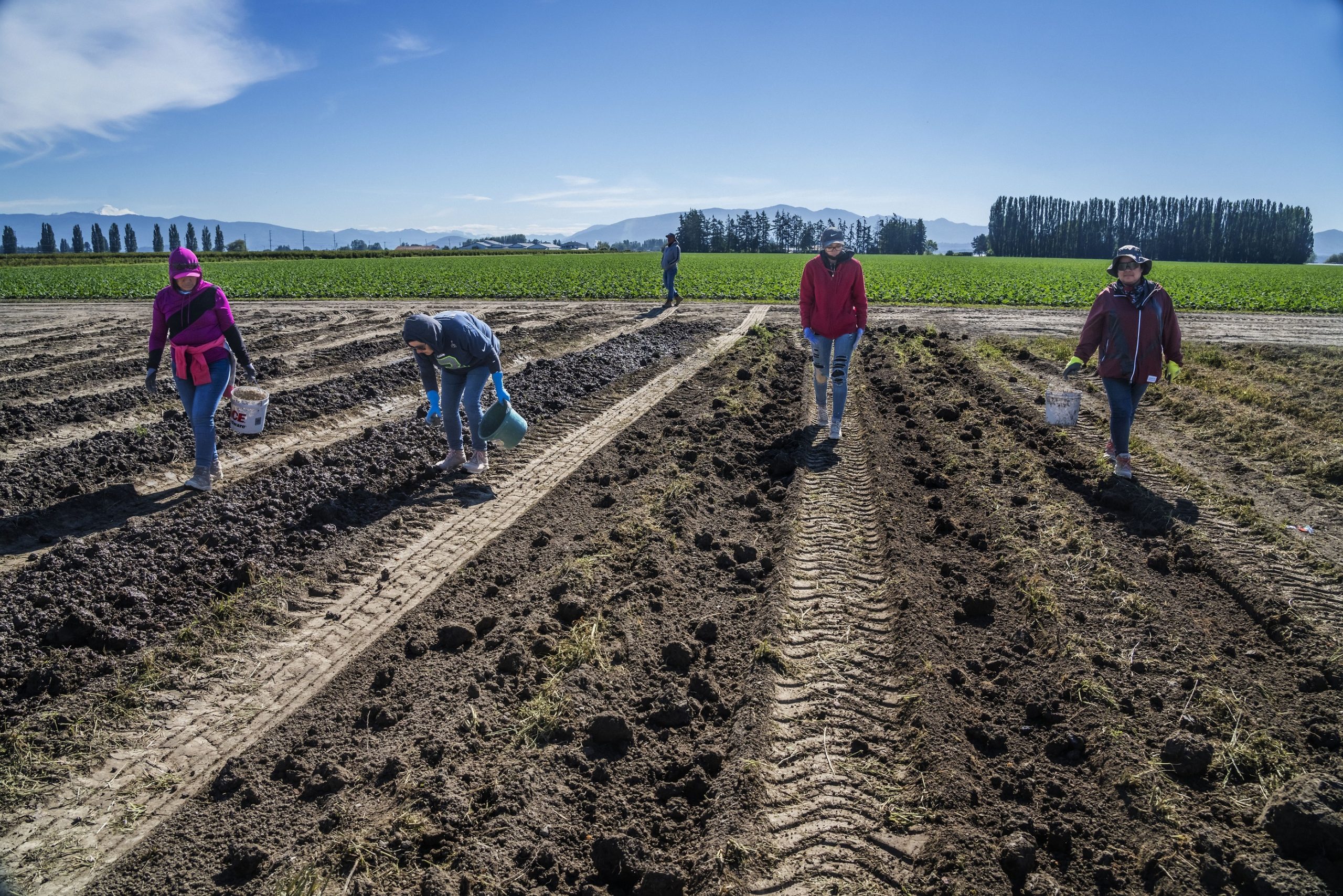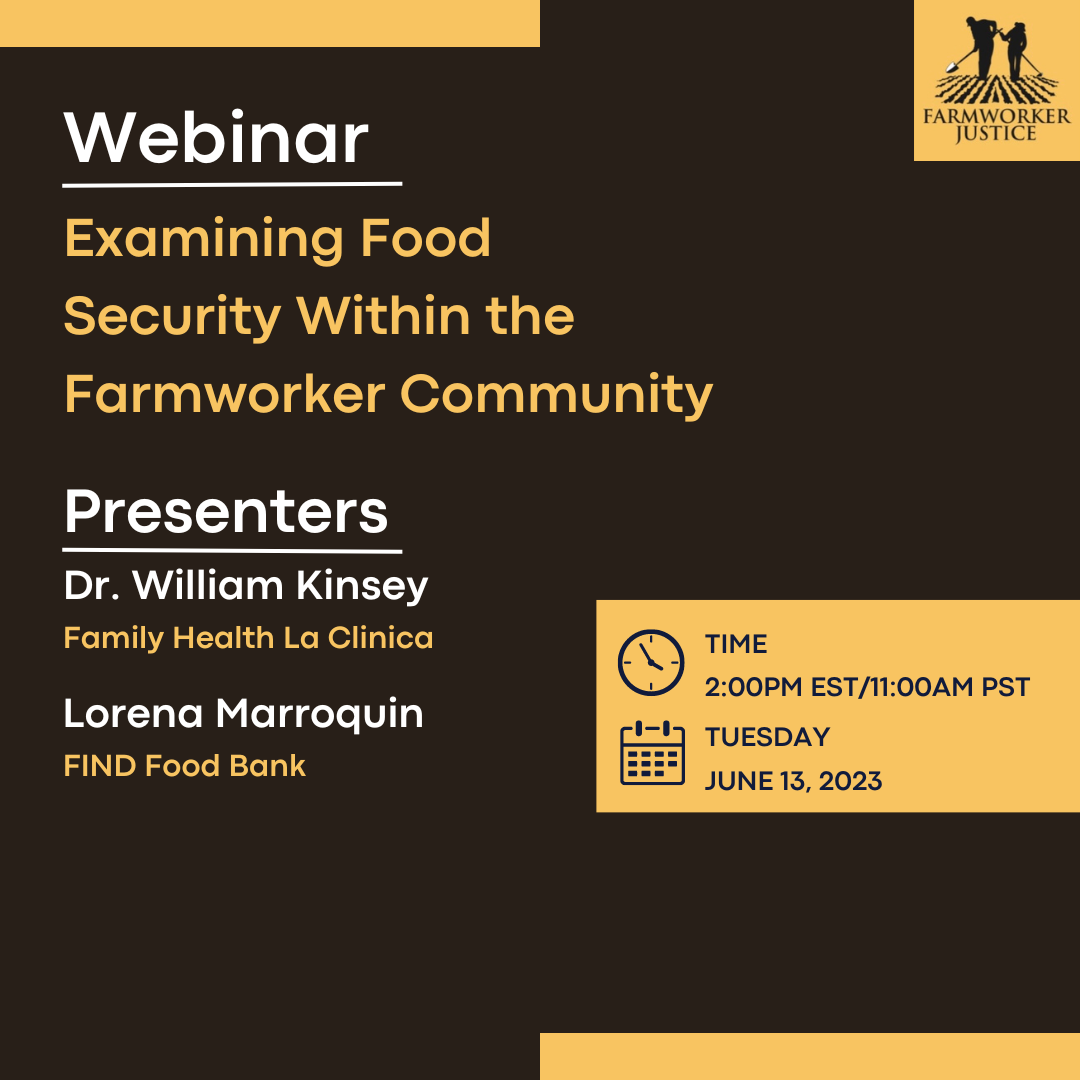Fight for
workers rights
Ensure safe
working conditions
Promote access
to health care
Empower
farmworkers
Latest News
Make a Donation
Please join us in our efforts to secure fundamental human and civil rights for over two million migrant farmworkers who harvest the fruits and vegetables you rely on every day.
Info
- (786) 300-1623
- 1126 16th St NW Suite LL-101 Washington, DC, 20036 )); ?>







